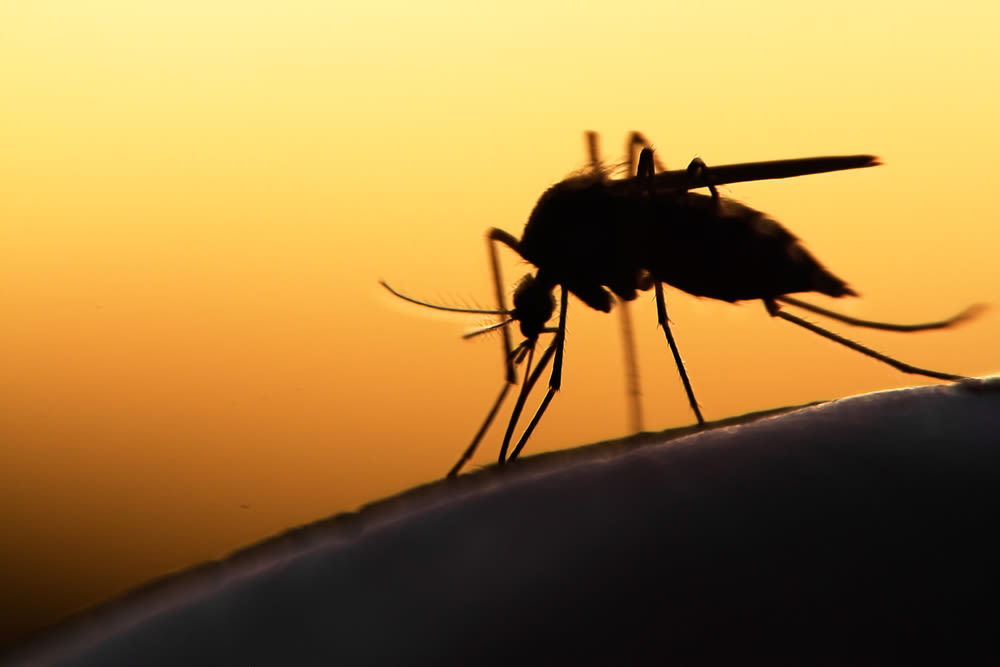Multnomah County Is Facing Its Largest Mosquito Outbreak since 2010

The mosquitoes are coming for Multnomah County.
Image: mycteria/Shutterstock
May showers bring July mosquitoes, apparently.
Multnomah County health officials are warning that the region’s extraordinarily wet spring has created a breeding ground for what they say is the area’s largest mosquito outbreak in more than a decade.
And—insert your favorite ominous horror movie music here—the worst is yet to come.
That’s according to ecologist Bek Sudia, who runs mosquito surveillance and control for the county and says that July is the busiest time of year for the pesky bloodsuckers.
Between May and September, Sudia’s team sets traps in 150 locations around the county to track the presence of mosquitoes. According to a news release from Multnomah County, so far this year they’ve trapped more than 20,000 skeeters. That’s about four times the total for all of 2021.
Mosquitoes are more than just irritants who leave itchy bugbites in their wake. They can carry diseases—including malaria, encephalitis, and West Nile virus, which is mild for most people but can be fatal for some.
So far, the county says that none of the mosquitoes that have been trapped and analyzed in Multnomah County have been found to be carrying West Nile, but last year ecologists identified West Nile virus in 75 batches of mosquito samples taken across eastern and southern Oregon.
Looking to control mosquitoes at your house? The county recommends making sure you don’t have any pools of standing water (so change the kiddie pool and dog bowls frequently), and make sure you’ve patched any holes in window and door screens. For those with ornamental pools, the kind with koi fish and lily pads, hit up the county for some free mosquitofish, which act like mosquito larvae busters. And if you’ve traveled recently to a country where mosquito-borne illnesses are common and start to feel ill, let your doctor know as soon as possible.
Another tip (cue the creep factor): If you spot a newly dead crow, let the county know. Crows are often early harbingers/victims of mosquito-borne diseases. (But the county says, and we’re quoting here: "Do not report crows that have clearly been hit by a vehicle or electrocuted. Hint: look for burned-off feet.”)
By now, you’re maybe wondering if this has anything to do with global warming—it does indeed. County health officials point to a 2020 journal article predicting that, thanks to global shifts in temperatures and precipitation, two common species, Aedes aegypti and Aedes albopictus, will be shifting to new homes in the coming decades, in order to live their best lives.
Their research suggests that due to our temperate climate, we could have a whole lot of new mosquito neighbors as early as 2050.




